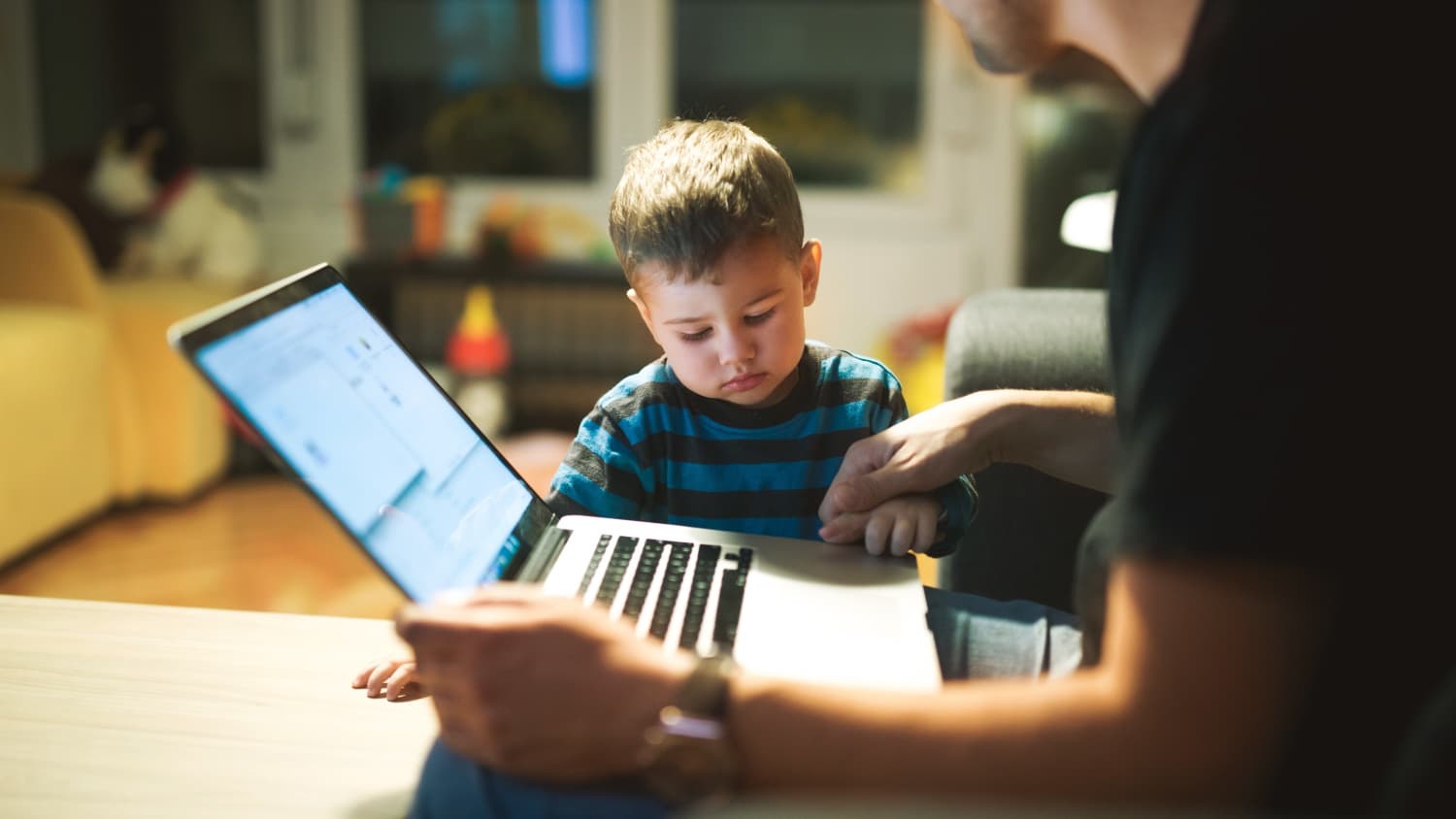As adults, we have forgotten what it was like to be young and innocent. If only someone had taught us about the dangers of drugs and alcohol in our school years, helped us stand up to bullies in school, or offered us some psychological help when dealing with minor or major handicaps in school. We all want the best for our children. So, instead of thinking of education as simply homeschooling, traditional education, or Special Education, as parents, we should also spend some time educating our children about how to manage life issues that arise in school. With that in mind, let’s take a look at how we can educate our children in some basic life lessons:
1) How to educate your kids about the risks of drugs and alcohol in their school years.
Rather than wait until you get to a point when it is necessary to talk about choosing a drug detox center, it’s important to talk to your children at an early age about drug and alcohol issues, perhaps even before they get into high school, to reduce their chances of drinking or experimenting with drugs as they are growing up. You can talk about how drugs and alcohol can alter perception, distorting hearing, vision, and coordination in the short term, and increases serious illnesses like heart, central nervous system, or liver damage in the long run.

2) How to educate your kids about steps to take if they are being bullied in school.
If you learn that your child is being bullied in school, you should take action. Avoid normalizing it, dismissing it as “a phase of childhood,” or offering some simplistic remedies about striking back or getting tough. Bullying creates post-traumatic stress disorder, and the longer it continues, the more it destroys self-esteem and reduces the likelihood of success in life as an adult.
Here are at least 3 steps that you can take if your child is being victimized in school:
- Discuss the issue with school authorities and find the school’s protocol for reporting and seeking intervention.
- If the bullying persists, then talk to the offender’s parents.
- Teach your child how to get help if he or she is constantly targeted. It’s not enough for them to walk away or try to fight back against much bigger children. Many supervising adults are capable of intervening, including bus drivers. You can also teach your child about positive body language to avoid attracting attention as a target and practice a script on what to say when a tough kid tries to intimidate them.
3) How to educate your kids about dealing with the psychological aspects of having a personal handicap in school.
There are no standard psychological protocols to rely on if your child has to deal with a personal handicap in school because there are many factors at work, including the child’s self-esteem, the nature of their handicap, and their peers’ nature type school they attend. If, however, your child feels inferior to others, singled out by peers, or left out of school activities because of some irrelevant standard. It’s important to take some constructive action.
READ MORE :
- How to Find the Best WordPress Theme for Your Business
- Top WordPress Plugins – Monetize Your Blog With Ads
- Top 10 Best Word press Plugins That Make Your Blog Badass
- On The Run, Vietnam’s ‘Most Wanted’ Green Blogger Tells VOA He’s Safe
- Top 10 Tips to Speed Up Your Computer
Depending on the nature of the psychological and sociological issues, you can take some possible steps.
- You can talk to your child, explaining how they are more like their peers than they are different. Help them appreciate their own strengths.
- You can talk to the school psychologist if your child needs someone to talk to about being singled out, embarrassed, or bullied by insensitive peers.
- You can talk to the principal or the class teachers if your child is teased or tormented by other children. For instance, a child with learning disabilities may be taunted by their peers for their poor communication skills for answering teacher’s questions inaccurately.
While you don’t want to become an overprotective parent, you still must champion your child when they feel overwhelmed with life issues in their school years. It’s important to take time out of your own busy schedule and worries to find out how they are doing in school and to take constructive action when possible. These issues can include psychological issues, sociological issues, or institutional issues.
Moreover, even broad, cultural sociological issues may be far worse than you might imagine and could directly impact your child’s health and well-being. For instance, did you know that the Center for Disease Control, referencing a long-term study, which ranged from 2006 to 2010, says that underage drinking, drinking below 21 years, cost the United States 24.3 billion? In terms of recent trends, there is little to suggest that drinking during high school and college is still not wrecking lives and costing the nation billions.

